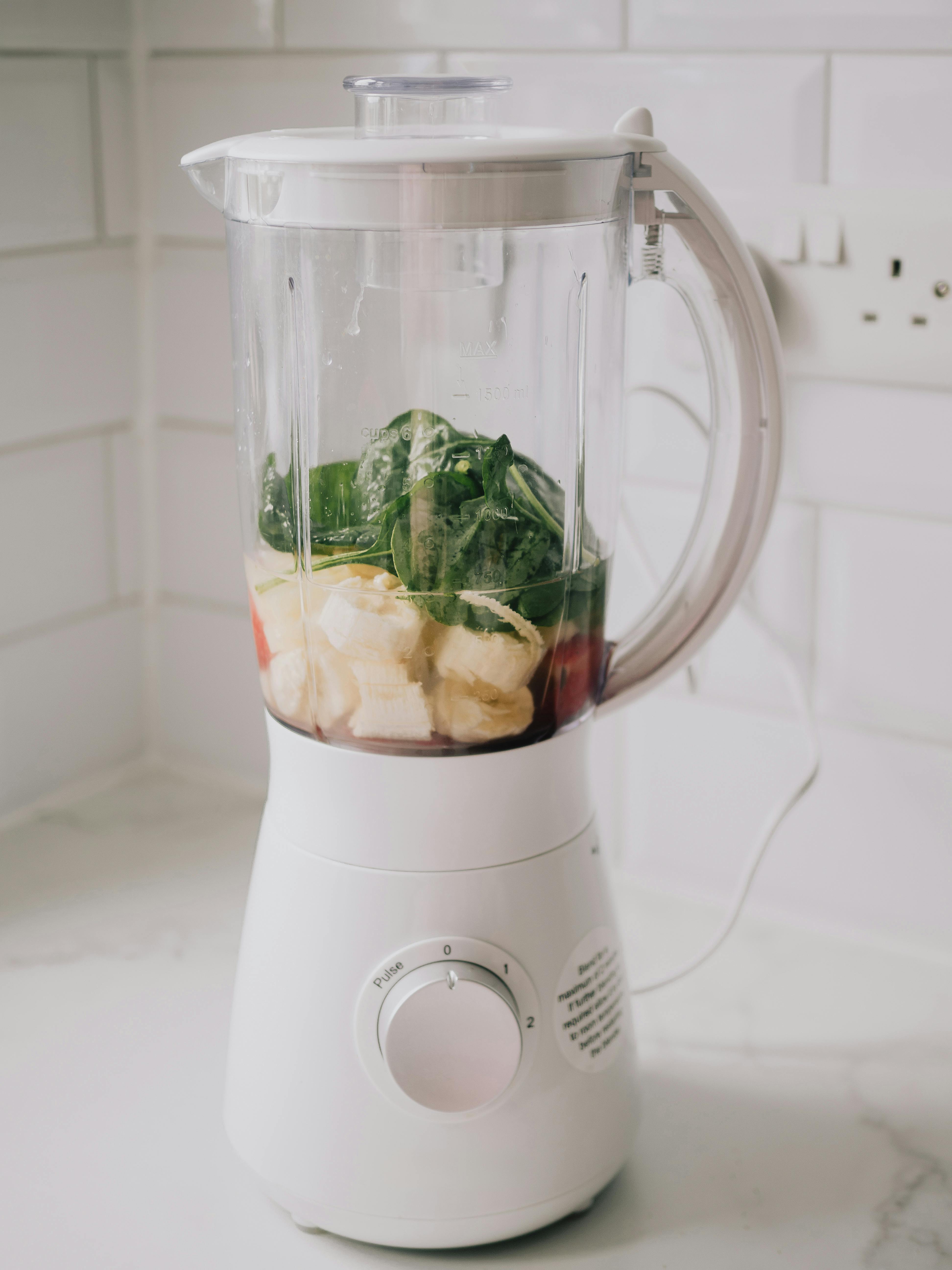Apply Now
Essential Guide to Water Digestion: Timing and Facts in 2025
Water is vital for various bodily functions, including digestion. Understanding how water interacts with your digestive system can vastly improve your overall health. This article delves into the complex relationship between water and digestion, discussing aspects like water digestion time, absorption rates, and the effects of hydration on digestive health.
In 2025, the insights about water digestion are more relevant than ever due to the growing awareness of hydration strategies. This guide covers everything from timing your water intake for optimal digestion to understanding the roles water plays in supporting digestive processes. By recognizing the importance of water in our diet, we can enhance our digestive efficiency and overall wellness.
Key takeaways include:
- The influence of water timing on digestion
- How hydration affects metabolic processes
- Recommended water intake for improved digestion
- The interplay between water and nutrient absorption
Understanding Water Digestion Time and Processes
Building on the fundamental understanding of water's role in the body, it's crucial to explore how long it takes for water to digest. Water digestion is not the typical digestive process like that of solid foods; instead, it primarily occurs in the stomach and intestines.
When you consume water, it usually passes through the digestive tract quite rapidly. The time for water to pass through the digestive system can vary based on several factors, including the contents of your stomach and hydration levels. Studies suggest that water can take approximately 10 to 30 minutes to be absorbed into the bloodstream. This swift absorption is vital for maintaining hydration and supporting various physiological functions.
The Mechanism of Water Absorption
The absorption of water begins in the stomach, where it mingles with gastric juices, aiding digestion. The presence of water helps activate digestive enzymes, thus enhancing the breakdown of food particles. From the stomach, water moves into the small intestines, where most of the absorption occurs. Here, water’s rapid absorption contributes to nutrient uptake and overall digestive efficiency.
Factors Affecting Water Digestion
Several factors can affect how efficiently water is digested and absorbed. These include the temperature of the water, whether it is consumed on an empty stomach or with meals, and individual metabolism rates. For instance, colder water may slow gastric emptying, while room temperature water is often recommended for better digestion.
Another critical factor is the body's hydration levels. Dehydration can lead to digestive issues, such as constipation, as sufficient water is needed for stool softness and regular bowel movements.
Connecting Hydration and Digestive Health
Understanding the relationship between hydration and digestive health is crucial. While water aids digestion, it can also affect appetite and food intake. Drinking water before meals can help you feel full, which is beneficial for controlling portion sizes. However, overly diluting stomach acids with excessive water could hinder digestion efficiency.
Overall, maintaining optimal hydration levels is essential for facilitating digestion and preventing gastrointestinal problems such as bloating and indigestion.
The Effects of Water Intake on Digestion
With these basics established, let’s explore how drinking water affects digestion. Water is not only important for breaking down food but also plays a significant role in nutrient absorption and waste elimination.
Water's Role in Nutrient Absorption
The presence of water is fundamental for nutrient transport within the digestive system. Nutrients are dissolved in water, allowing for efficient absorption through the intestinal walls. Without adequate hydration, the body may struggle to absorb vital nutrients effectively, potentially leading to deficiencies.
Moreover, hydration enhances the mobility of food within the digestive tract, ensuring nutrients are optimally utilized by the body. This interaction highlights the importance of understanding how much water to drink, especially in relation to meals.
Optimal Water Intake for Digestion
Recommended water intake can significantly vary depending on individual needs, activity levels, and dietary patterns. Generally, it is advised that adults consume about 2 to 3 liters of water daily. Adjusting this guideline based on activity, climate, and personal health can help achieve optimal hydration.
Consuming small amounts of water throughout the day rather than large quantities at once can optimize digestive efficiency by allowing the digestive system to process water effectively without overwhelming it.
The Timing of Water Intake
When you choose to drink water is just as important as how much you consume. Drinking water at specific times, such as before meals, can aid in digestion. However, drinking too much water immediately before or during meals might lead to discomfort or feelings of fullness that interfere with eating.
To enhance digestion, it is advisable to drink water about 30 minutes before meals. This practice can prepare the digestive system to absorb nutrients effectively without disrupting gastric functions.
Hydration Strategies for Optimal Digestion
Taking this concept further, let’s discuss effective hydration strategies to support digestion. Understanding how to incorporate proper hydration into your daily routine can significantly improve your digestive health.
Assessing Your Hydration Needs
Addressing individual hydration needs is critical for digestive wellness. Factors such as age, weight, physical activity, and climate can all influence how much water your body requires. Keeping a hydration journal to track daily water consumption can help assess if you're reaching the recommended levels.
Adjust hydration strategies based on activity levels. Increased exercise demands higher water intake to maintain hydration status and support efficient digestive processes.
Common Mistakes in Water Consumption
Several common mistakes can disrupt hydration levels and, consequently, digestion. One major error is neglecting to drink water regularly throughout the day, often resulting in dehydration. Additionally, relying solely on thirst as an indicator of hydration can lead to inadequate fluid intake.
Avoid consuming excessive caffeinated or alcoholic beverages, as they can lead to dehydration. Instead, prioritize water as your main source of hydration.
Water Digestion in Different Bodies
Recognizing that hydration strategies must be tailored to individual physiology is crucial. Water digestion may vary based on age and health status. For instance, older adults may experience slower digestive processes, requiring them to pay closer attention to hydration levels.
Understanding hydration and its effects on digestion can empower individuals to make informed choices about their fluid intake, ultimately enhancing their digestive health and overall well-being.
Conclusion: The Importance of Water for Digestion
In conclusion, the role of water in digestion cannot be overstated. Its effects on nutrient absorption, digestive efficiency, and bowel health highlight the importance of maintaining proper hydration levels.
Water helps facilitate numerous bodily functions, from activating digestive enzymes to aiding in nutrient transport. By understanding the timing and manner of hydration, combined with awareness of hydration strategies, individuals can optimize their digestive health effectively.
To further explore the topics of hydration and digestion, feel free to check out more about
hydration theory and its impact on overall well-being.




